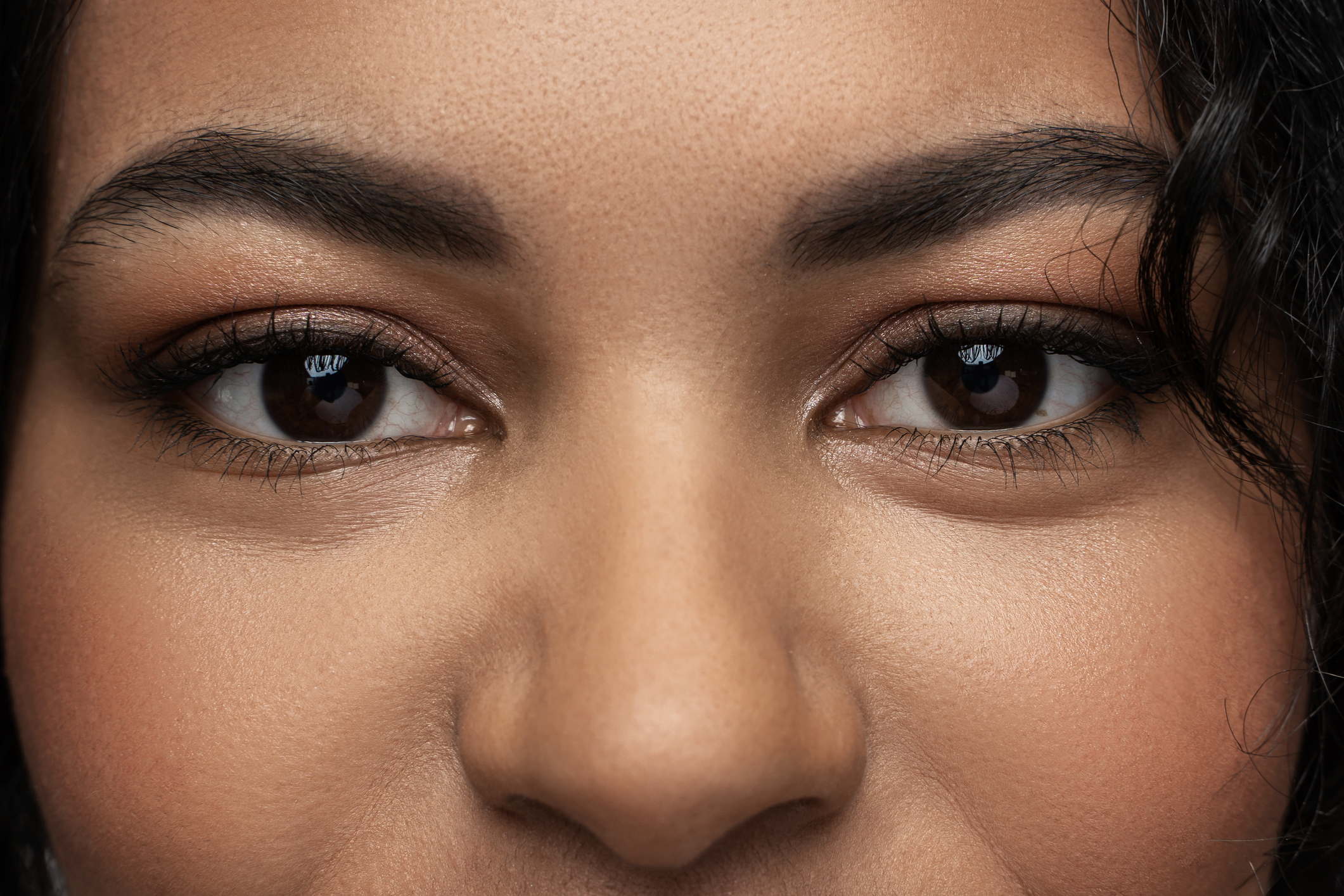Get Easy Health Digest™ in your inbox and don’t miss a thing when you subscribe today. Plus, get the free bonus report, Mother Nature’s Tips, Tricks and Remedies for Cholesterol, Blood Pressure & Blood Sugar as my way of saying welcome to the community!
Are your blood sugar levels hurting your eyes and kidneys?

It’s no secret that problems with your blood sugar can lead to problems elsewhere in your body.
And two of the most likely areas where secondary issues occur are your eyes and kidneys.
That’s because the small blood vessels in the eye are particularly susceptible to damage due to diabetes — damage that can lead to blurred vision or even blindness.
And while your kidneys aren’t as sensitive to high blood sugar levels as your eyes, the important small blood vessels in these organs can still be damaged, which can cause you to spill out proteins in your urine, impair your kidney function and eventually cause them to fail.
These secondary effects are why your doctor tells you that you have to keep your blood sugar under control.
And while the advice is great, it’s been missing something — the exact level your blood sugar should be at or below long-term to keep that damage away.
Luckily, that level has now been found thanks to research that spent up to 36 years following every adult and child under the age of 35 who developed type 1 diabetes in Sweden between 1983 and 1987.
What’s your blood sugar number?
Specifically, the researchers kept track of the patients’ HbA1c values, which reflect their average blood sugar levels during a longer period. They also monitored the development of eye and kidney damage to assess risk.
And the results of their study, revealed the magic number to be 53.
While the team found that the blood sugar level in a healthy person is very closely controlled with a maximum HbA1c level of 42 mmol/mol, the target for diabetics is 53 mmol/mol or below.
“The results of our study show that people with type 1 diabetes for at least 32 years should keep their mean long-term sugar level below 53 mmol/mol (7.0%), if they are to completely avoid serious damage. The risk of eye- and kidney complications increases as the level increases,” said Hans Arnqvist, professor emeritus at Linköping University and leader of the study.
“Our conclusions relate to avoiding complications arising from blood vessel damage. But if a patient has problems with low blood sugar, hypoglycemia, it’s not possible to control the blood sugar level so strictly,” he continued.
Controlling your blood sugar to save your eyes and kidneys
While diet is the best way to help keep your kidneys healthy when dealing with type 1 diabetes, by planning meals that balance the right amount of carbohydrates, protein and other nutrients to keep blood sugar in the healthy range, you can do more to support your eye health.
Lutein and zeaxanthin have a solid reputation for supporting the health of our eyes. That’s why they’re part of the nutritional supplement regimen for macular degeneration supported by the AREDS study. And why nutritionists encourage us to get plenty of these carotenoid pigments in foods like cantaloupe, corn, carrots, orange and yellow peppers, as well as fish, salmon and eggs.
Even though type 1 and type 2 diabetics have eye health concerns that are greater than most, these two eye-supporting nutrients still have much to offer. In fact, studies have found that higher lutein and zeaxanthin levels were associated with significantly lower odds of developing diabetic retinopathy.
So if you have problems keeping your blood sugar levels ideal, get with your endocrinologist to be sure you’re on the right track and talk to them about supporting your eyes with the right nutrition.
Editor’s note: Are you feeling unusually tired? You may think this is normal aging, but the problem could be your master hormone. When it’s not working, your risk of age-related diseases skyrockets. To reset what many call “the trigger for all disease” and live better, longer, click here to discover The Insulin Factor: How to Repair Your Body’s Master Controller and Conquer Chronic Disease!
Sources:
Recommended blood sugar levels to avoid diabetes-related damage – ScienceDaily
Nutritional and medical food therapies for diabetic retinopathy — Biomedcentral.com













